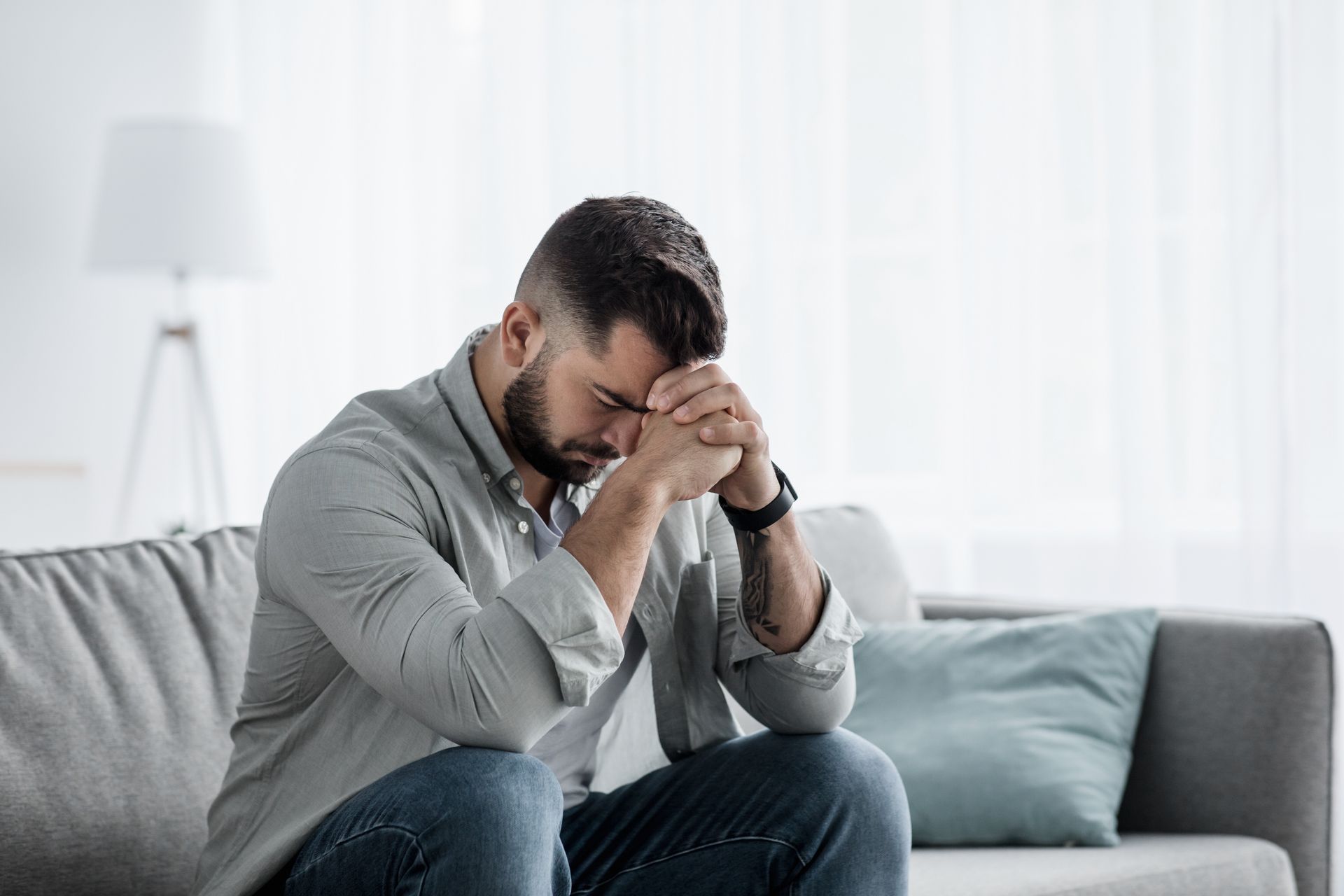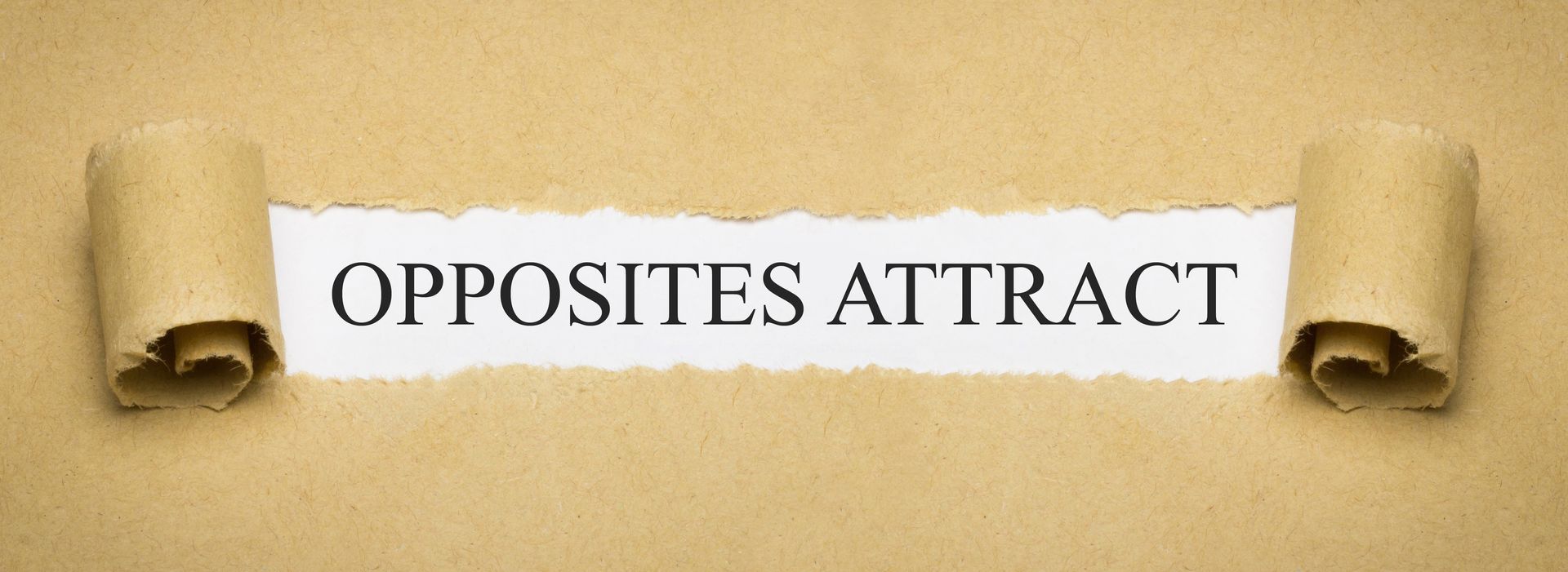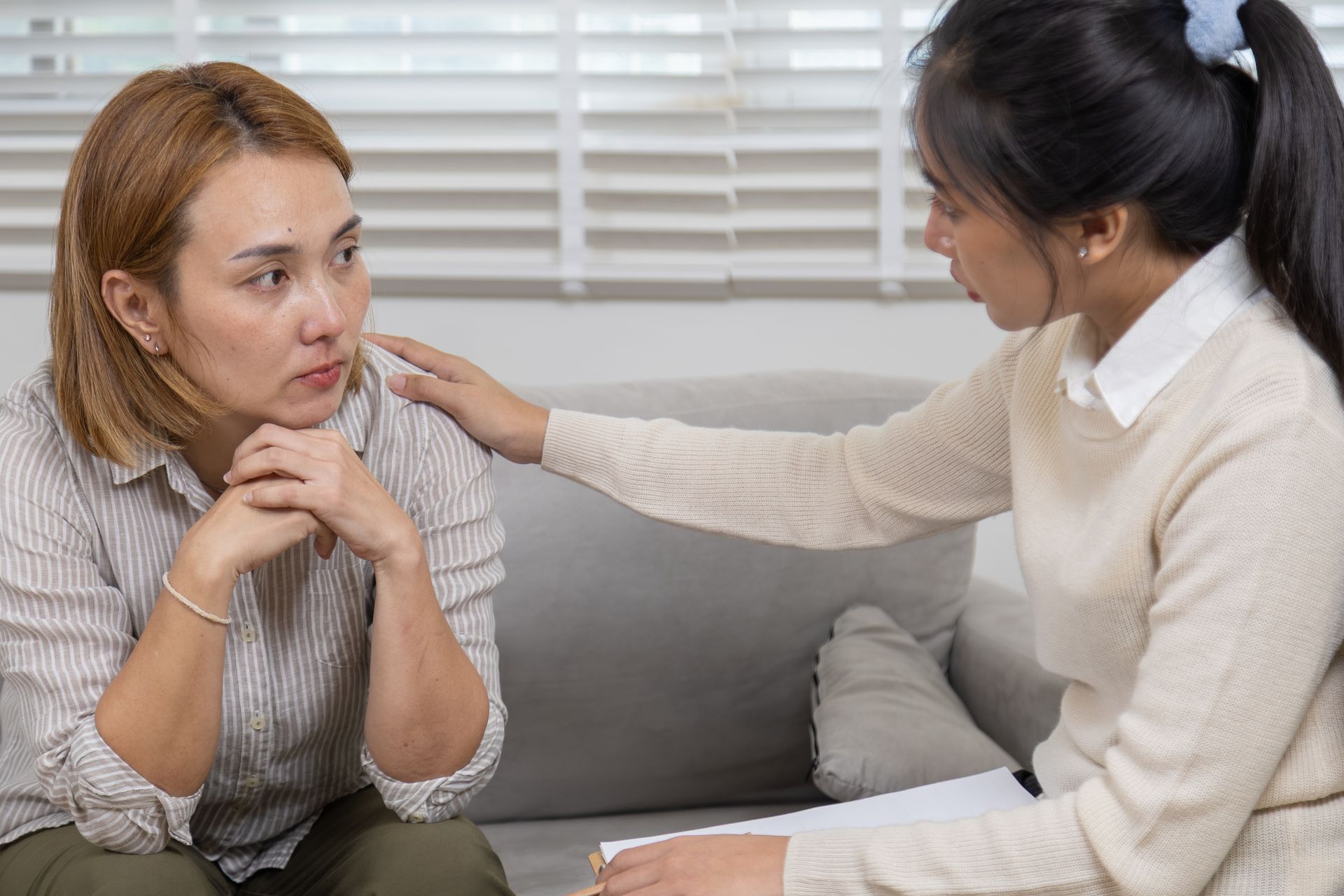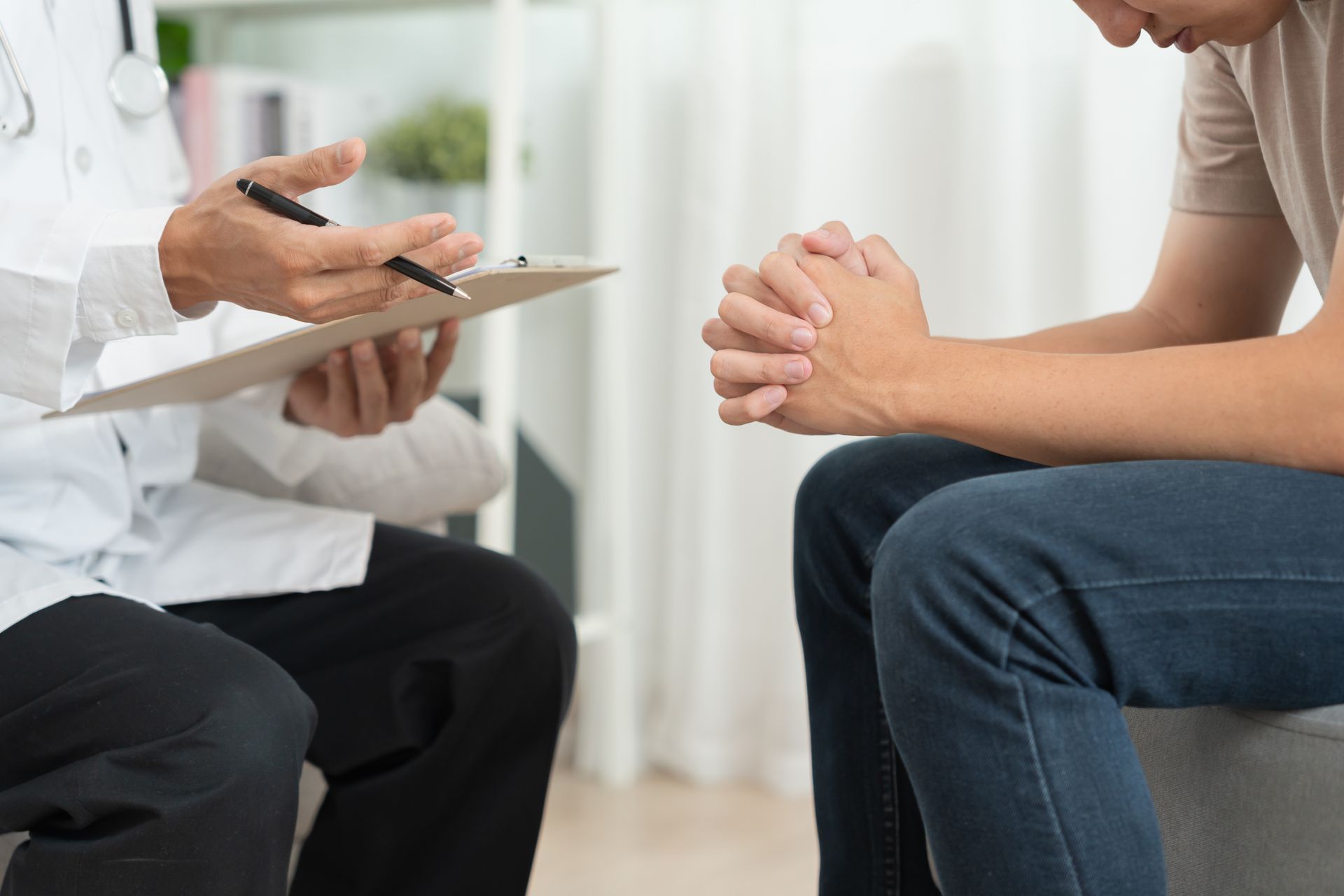Mental Health Stigma in the Black Community

Mental Health Stigma in the Black Community
Mental health is an issue that affects people all over the world, regardless of age or ethnicity. But in some communities, there's a stigma attached to speaking openly about mental health. In the black community in particular, there has been a long-standing stigma surrounding mental health and seeking treatment for mental illness. Despite recent efforts to increase awareness, many black individuals and families still grapple with the stigma when it comes to seeking help for their mental health issues. In this blog post, we’ll discuss the realities of mental health stigma in the black community and how we can work together to break down these barriers.
Why Mental Health Illness Perceptions
Mental health stigma is a serious problem in the black community. It's estimated that one in five black adults has a mental health disorder, but only about one-third of them receive treatment.
There are several reasons why mental health illness perceptions may contribute to the stigma. First, many people in the black community believe that mental illness is a sign of weakness. Second, there is a lot of misinformation about mental illness and its causes. And finally, there is a lack of trust in the mental health care system.
These beliefs can lead to discrimination and mistreatment of people with mental illness. They can also prevent people from seeking help when they need it. It's important to talk about these issues so we can start to break down the stigma and make sure everyone gets the help they need.
Historical Factors
There are a number of historical factors that have contributed to the mental health stigma in the black community. One of the most significant is the legacy of slavery. For centuries, black people were forcibly removed from their homes in Africa and brought to America to work as slaves. This experience was traumatic and led to a feeling of powerlessness and worthlessness among many blacks.
The era of Jim Crow laws also had a significant impact on black mental health. These laws mandated segregation in all public places, including schools, hospitals, and businesses. Blacks were treated as second-class citizens and often experienced discrimination and violence. This environment was stressful and contributed to feelings of isolation, inferiority, and anxiety.
More recently, the mass incarceration of black men has had a negative impact on the mental health of black communities. According to some estimates, there are more black men in prison than there are in college. This is a major contributing factor to the high rates of poverty and unemployment in black communities. The stress of living in such an environment can lead to depression, anxiety, and other mental health problems.
Statistics
Mental health stigma is a huge problem in the black community. It's estimated that 1 in 3 black Americans will experience some form of mental illness in their lifetime, but only about 1 in 10 will seek treatment. There are a number of reasons for this, including the fact that many black Americans don't have access to quality mental health care, and the stigma around mental illness is still very strong in the black community.
One study found that nearly half of all black Americans believe that mental illness is a sign of personal weakness, and less than half believe that mental illness can be effectively treated. This stigma can lead to people suffering in silence, which can make their condition worse and lead to other problems like substance abuse.
It's important to talk about mental health in the black community, and to break down the barriers that prevent people from getting the help they need. If we can do that, we can start to address the high rates of mental illness in our community and help more people live healthy, productive lives.
Trends
Mental health stigma is a major problem in the black community. The stigma around mental health prevents many black people from seeking help for their mental health problems. This can lead to serious mental health problems, such as depression and anxiety, going untreated. There are a number of reasons why mental health stigma is so prevalent in the black community. One reason is that mental illness is often seen as a sign of weakness. Black people are also more likely to experience poverty and discrimination, which can contribute to mental health problems. Another reason for the stigma is that there is a lack of understanding about mental illness in the black community. This lack of understanding can make it difficult for black people to seek treatment for their mental health problems. Despite the challenges, there are a number of ways that the black community can address mental health stigma. One way is by increasing awareness about mental illness. This can be done through education and public awareness campaigns. Another way to address mental health stigma is by providing support to those who are affected by it. This support can come from family, friends, and community organizations.
More Seeking Access
It is no secret that mental health stigma exists in the black community. This is largely due to the fact that mental illness is seen as a weakness, and black people are often reluctant to seek help for fear of being seen as weak or crazy.
There are many reasons why mental health stigma persists in the black community. One reason is that mental illness is often seen as a white person's disease. This is because most of the research and media attention on mental illness focuses on white people. As a result, black people may not even realize that they can suffer from mental illness.
Another reason for mental health stigma in the black community is that there is a lack of trust in the medical establishment. This distrust is rooted in the long history of racism and discrimination within the healthcare system. Black people have been subjected to forced sterilization, experimentation, and unequal treatment within the medical field, which has led to a general mistrust of doctors and hospitals.
Lastly, mental health stigma in the black community can also be attributed to religious beliefs. Many blacks believe that Mental illness is a sign of possession by evil spirits, and so they are reluctant to seek help for fear of being stigmatized by their church or community.
Despite all these reasons, it is important to remember that seeking help for mental illness is not a sign of weakness. In fact, it takes a lot of strength to seek help when you are struggling. If you or someone you know is struggling with mental illness,
Awareness
Mental health stigma is a problem in the black community. It is often seen as a sign of weakness to seek help for mental health issues. This can lead to people not getting the help they need.
There are many reasons why mental health stigma exists in the black community. One reason is that there is a lack of understanding about mental health. Mental health is often seen as something that white people have and black people don’t. This is not true. Mental health issues affect people of all races and ethnicities.
Another reason for mental health stigma in the black community is that there is a lack of trust in the mental health system. Many black people feel that the mental health system is racist and does not understand their needs. This can make it hard for black people to seek help from mental health professionals.
Mental health stigma can be reduced by increasing awareness about mental health in the black community. It is important to educate people about what mental health is and how it can affect anyone, regardless of race or ethnicity. It is also important to build trust between the black community and the mental health system.
Final Thoughts
The mental health stigma in the black community is a serious issue that needs to be addressed. It is important to have open dialogue about mental health and its effects on the black community. There is a lot of work to be done in terms of destigmatizing mental health in the black community, but it is a problem that can be overcome with education, awareness, and understanding.











